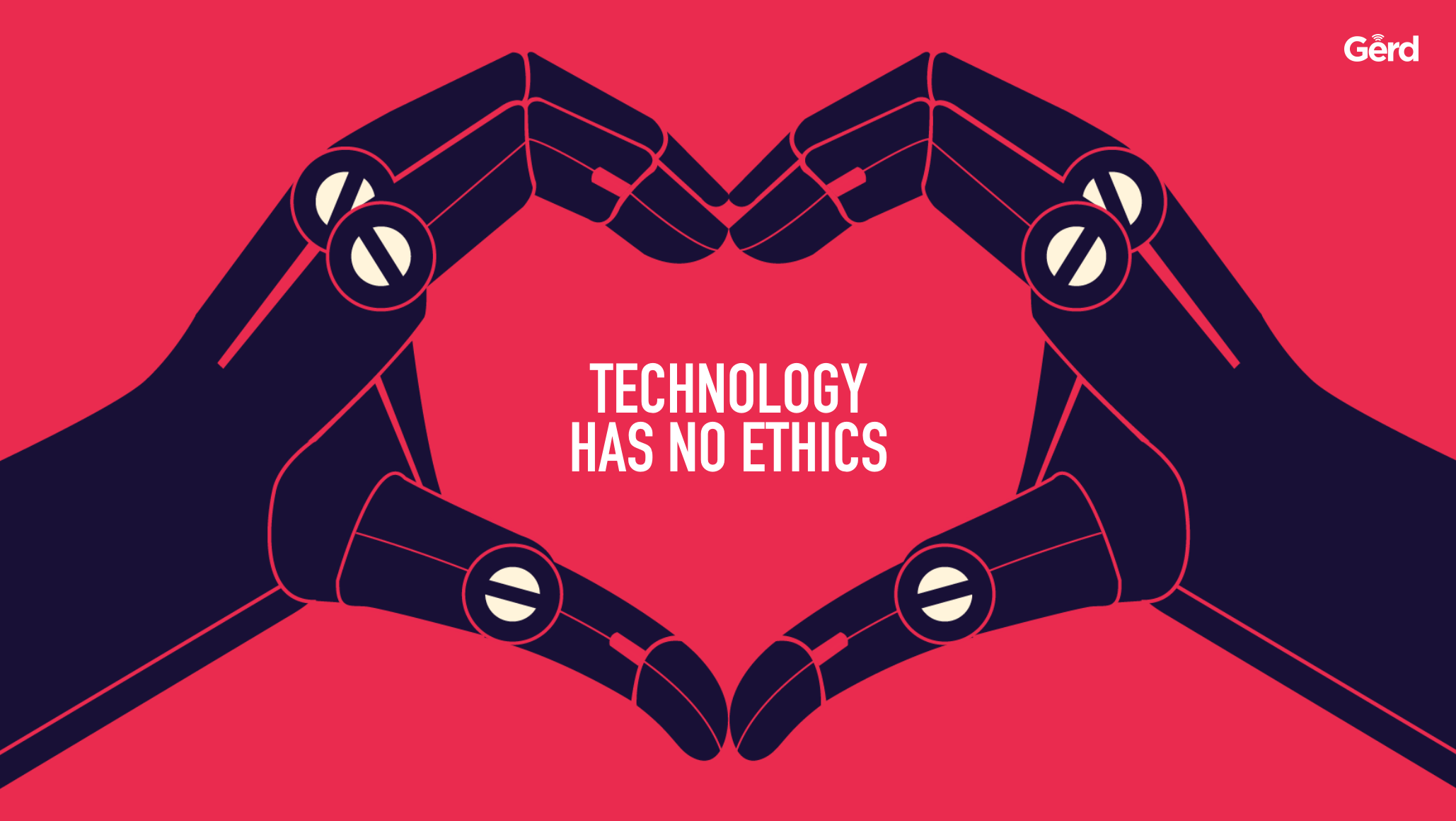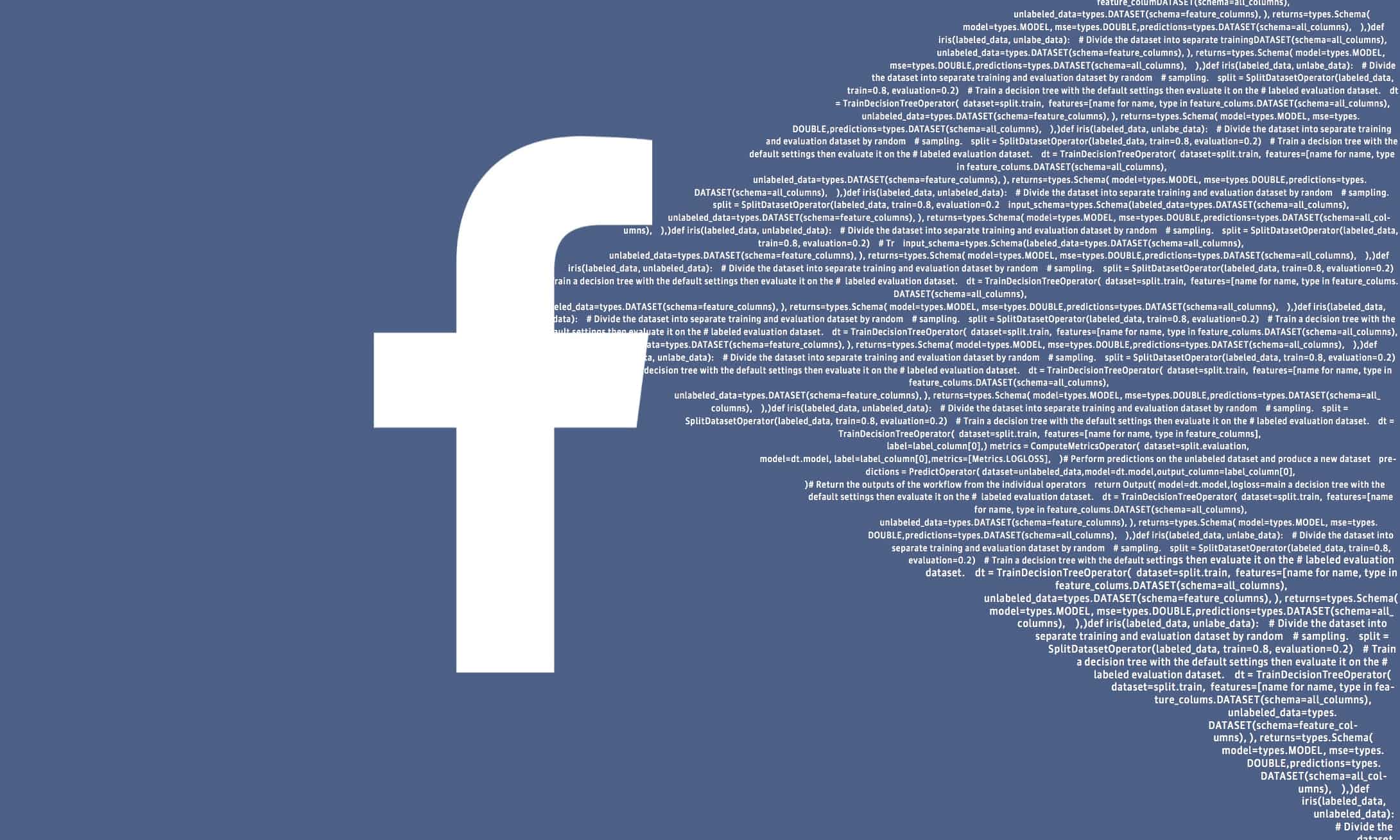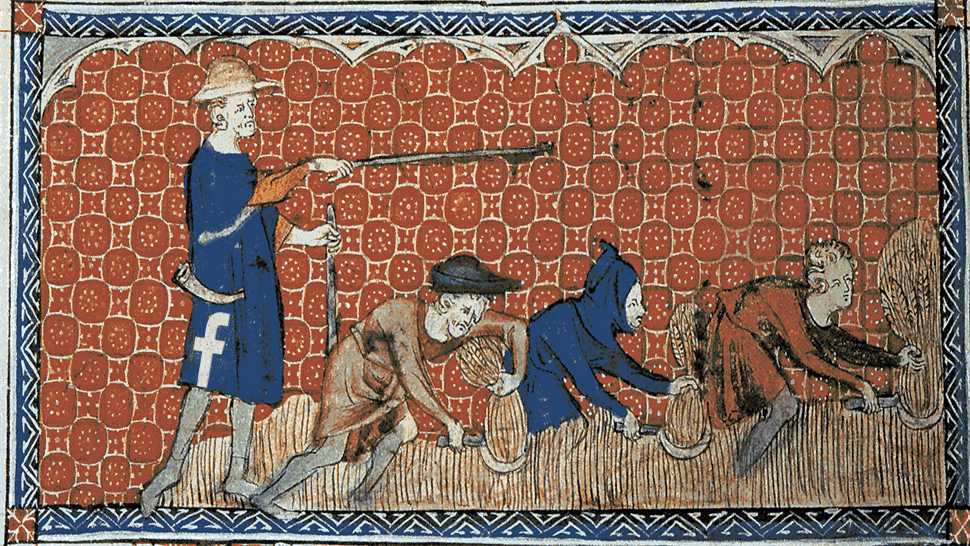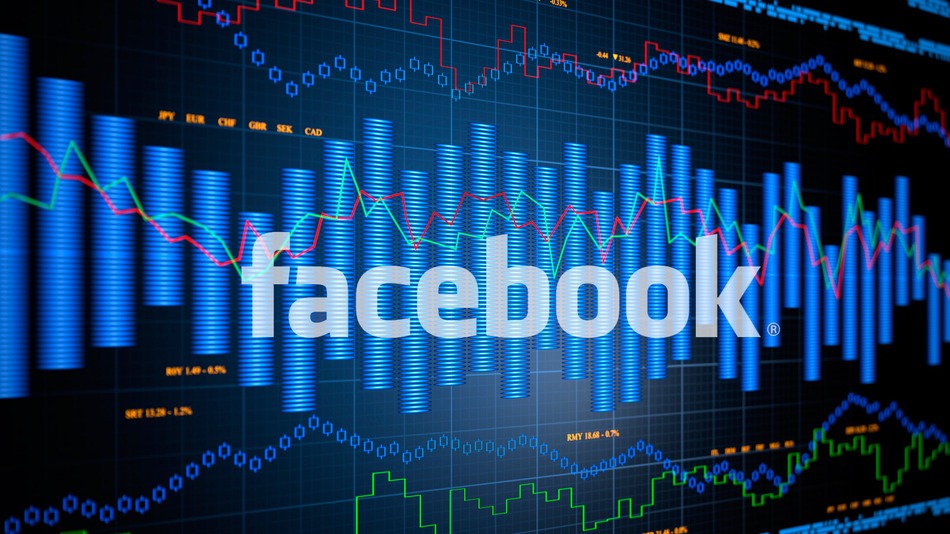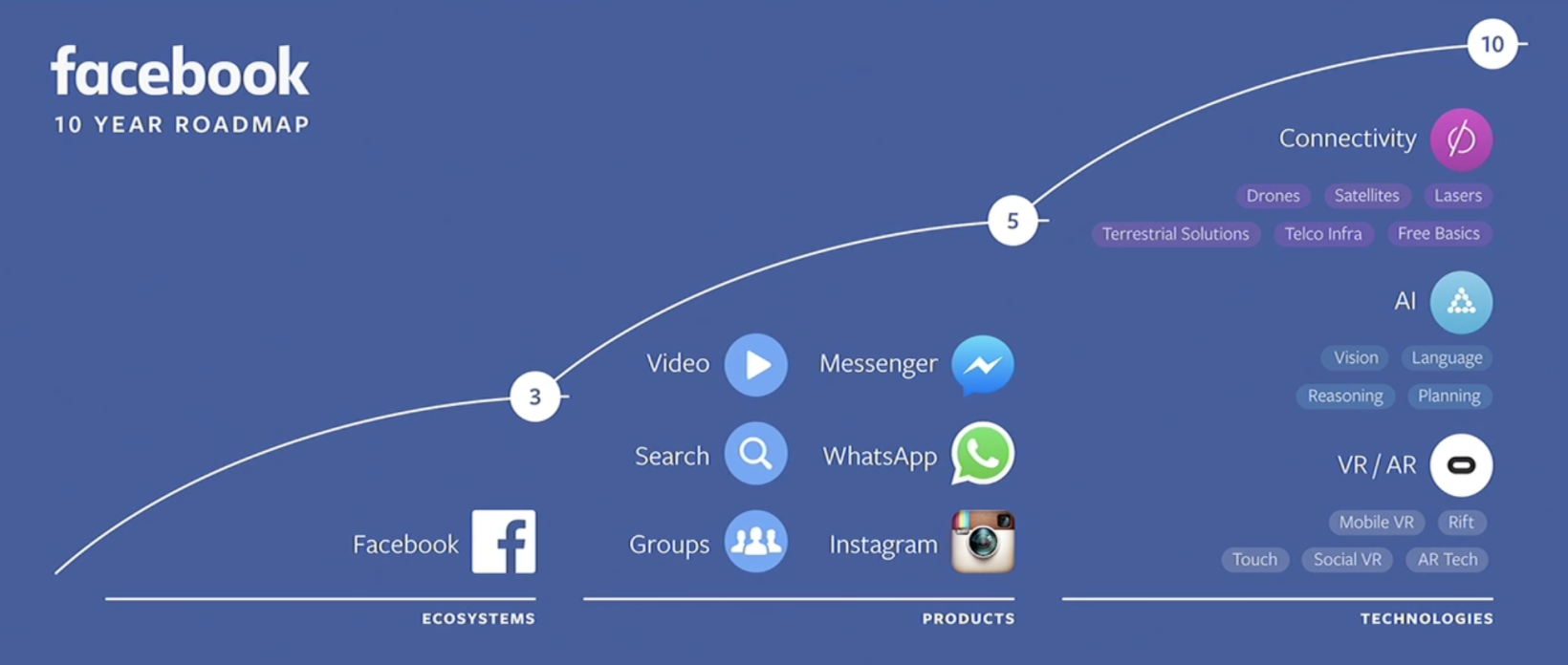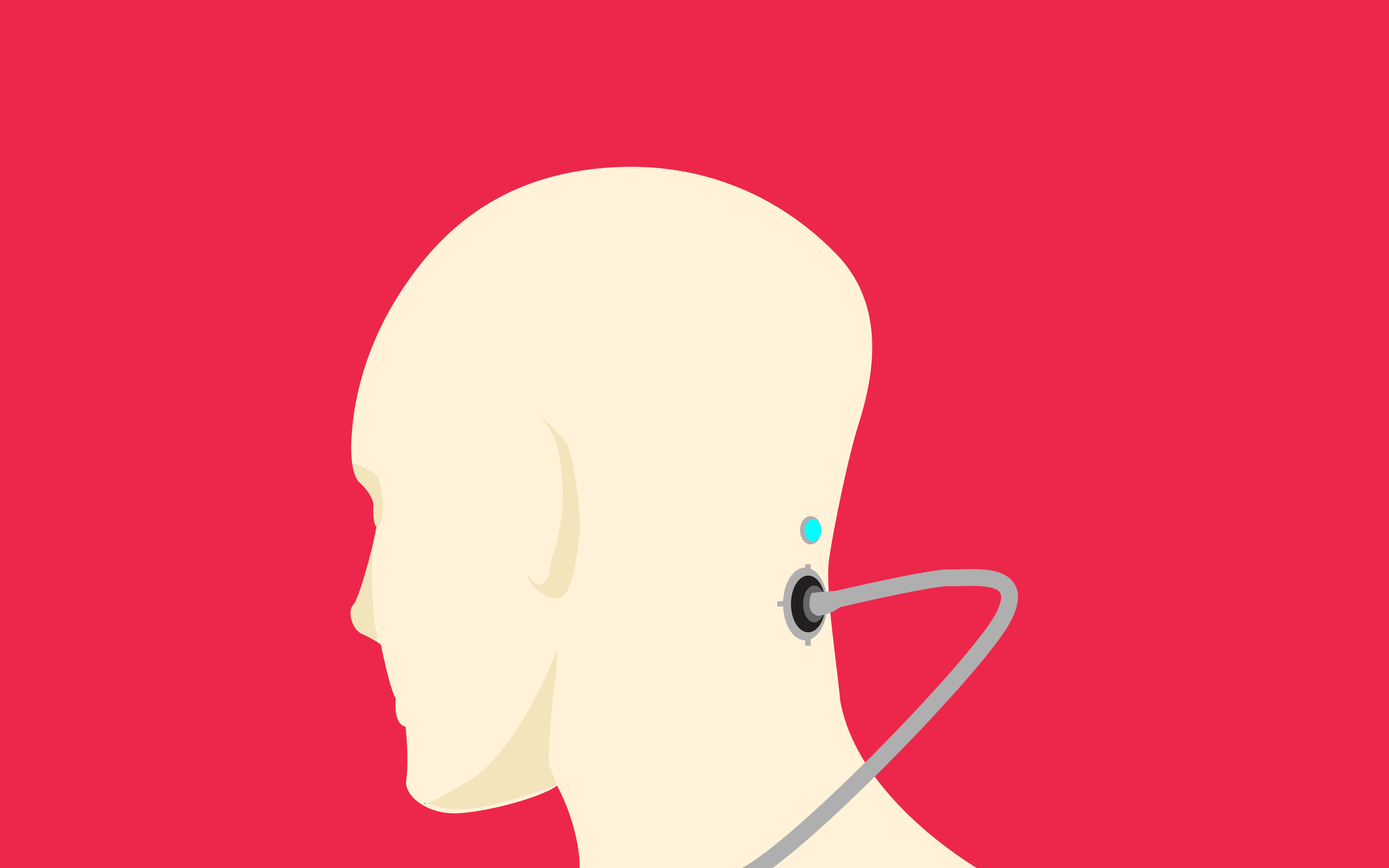
Zuckerberg Wants Facebook to Build a Mind-Reading Machine
“The idea is to allow people to use their thoughts ...

“The idea is to allow people to use their thoughts ...
Read the latest edition here (and yes… sign up!) Welcome ...
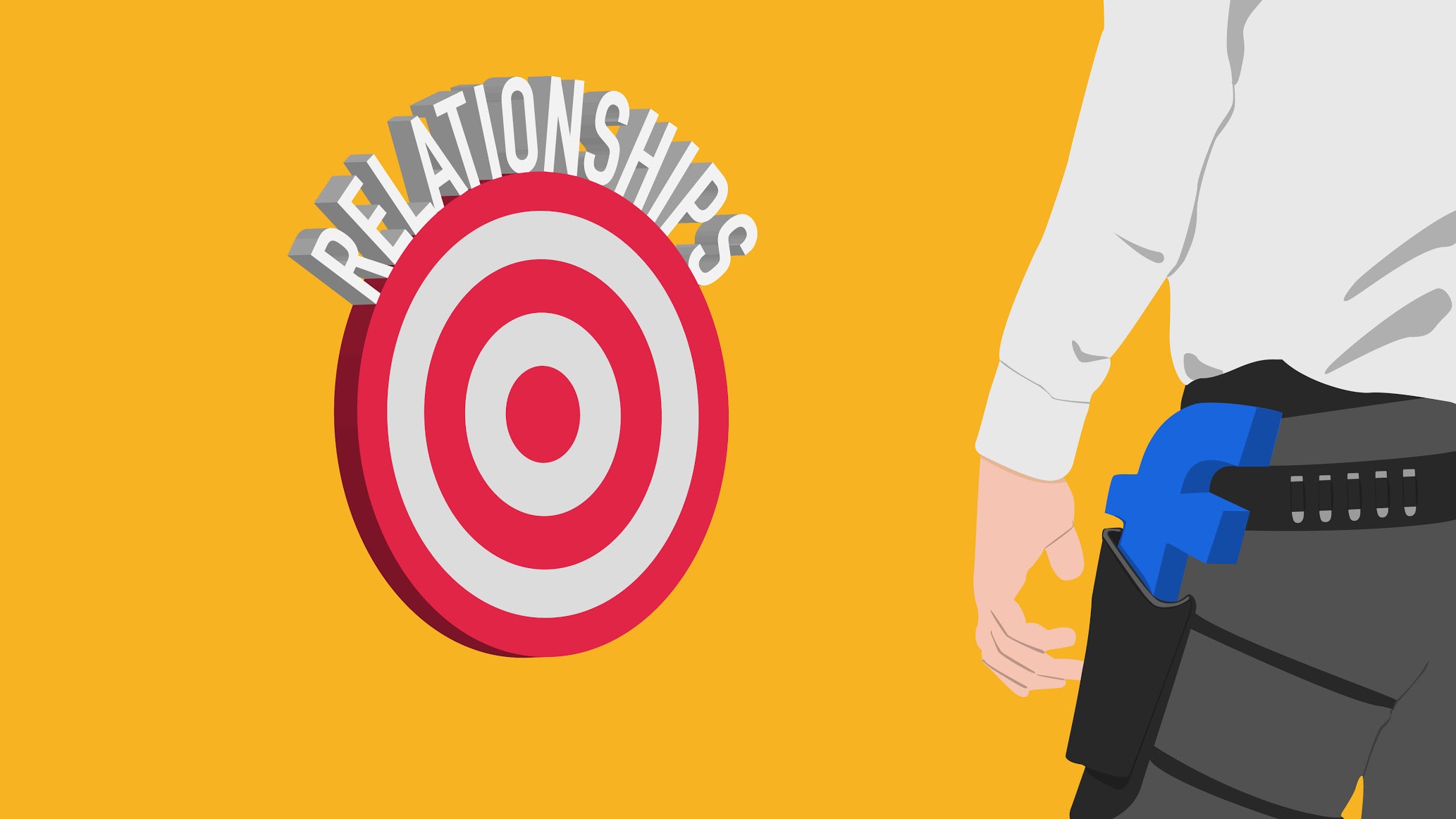
(This is a guest post by The Futures Agency curator ...
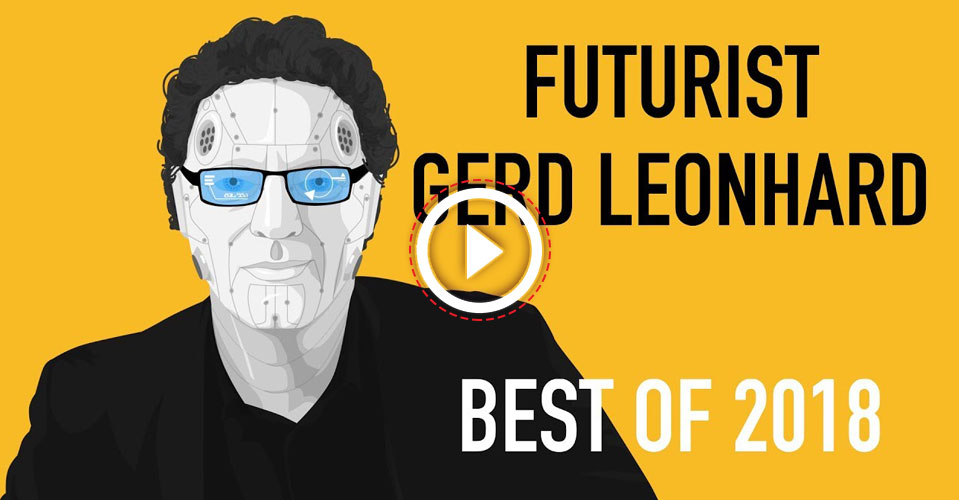
2018 was an amazing year, with some really great ...

Via Azeem Azhar 🤦 Oh, Facebook! A New York Times ...
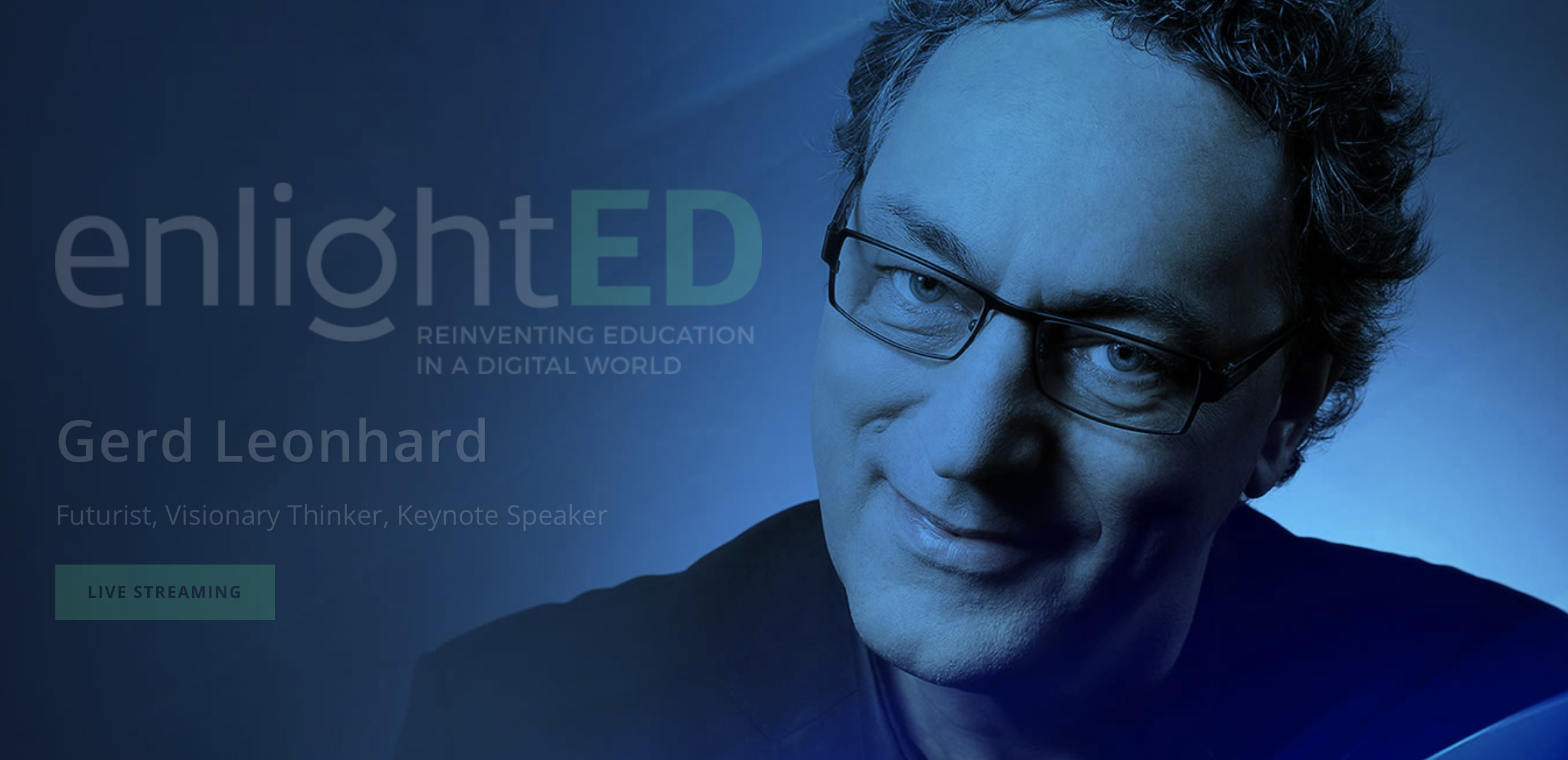
This was (is) a pretty amazing event!! Huge congrats to ...
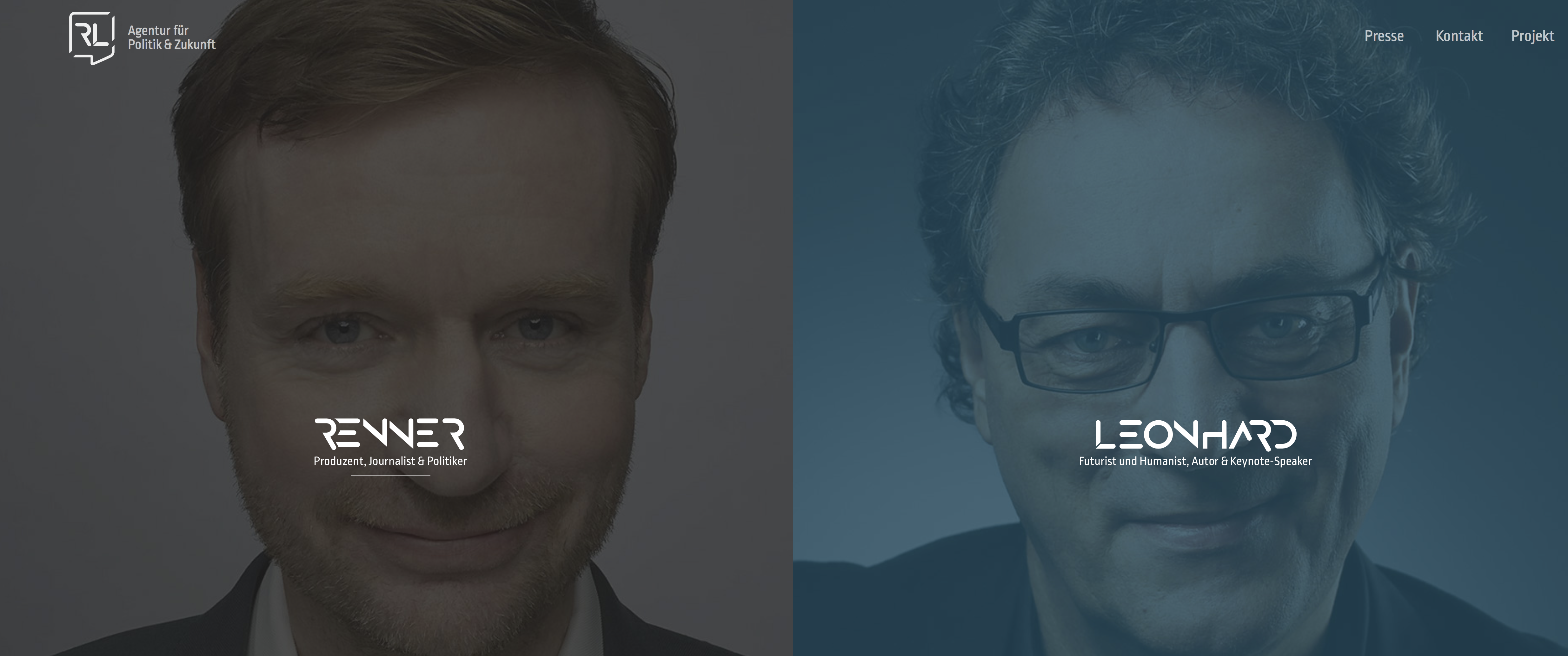
Erschienen am 11.8.2018 in DIE WELT (Achtung: Paywall). Post auf ...
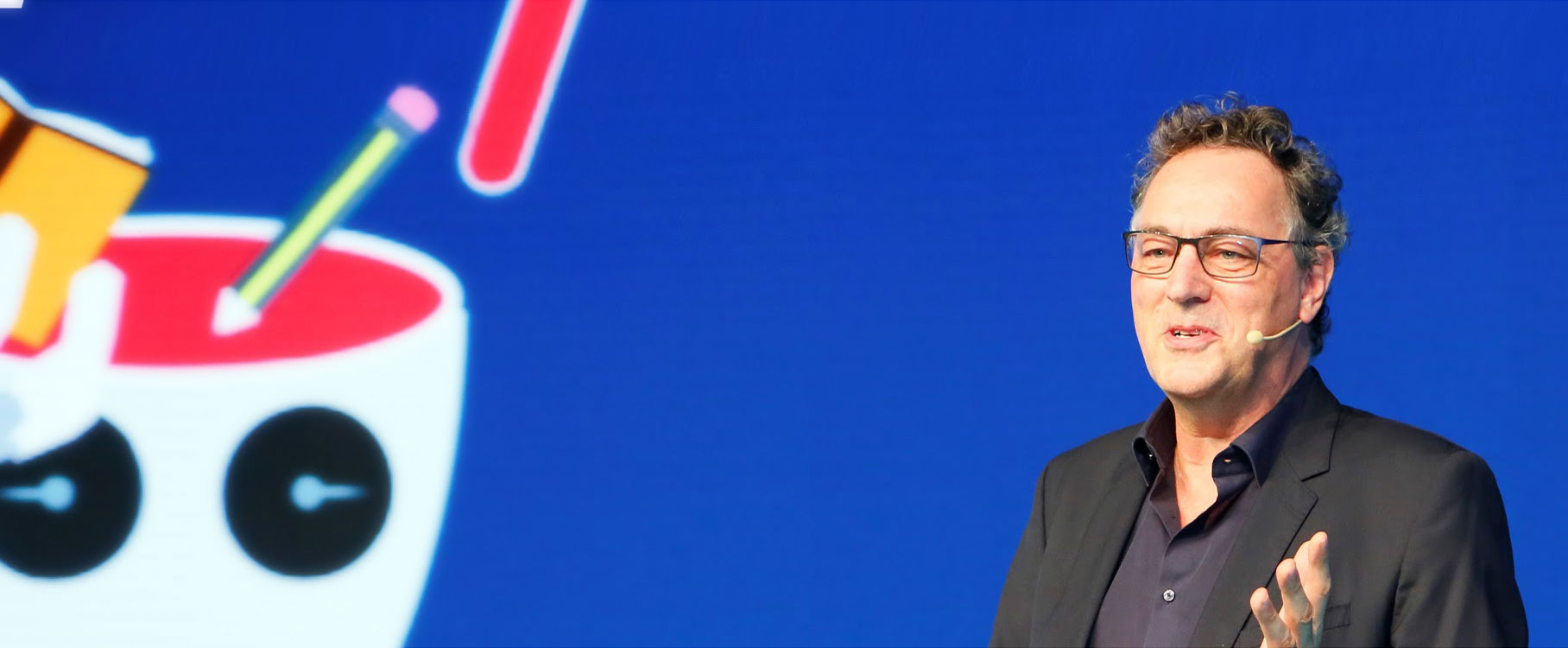
“Jonathan Taplin, the director emeritus of the Annenberg Innovation Lab at the University of Southern California, argues in Move Fast and Break Things, his book about the power of the internet giants, that rebel artists have long had to deal wit...
Hier ist das Slidedeck | Here is the PDF (in ...
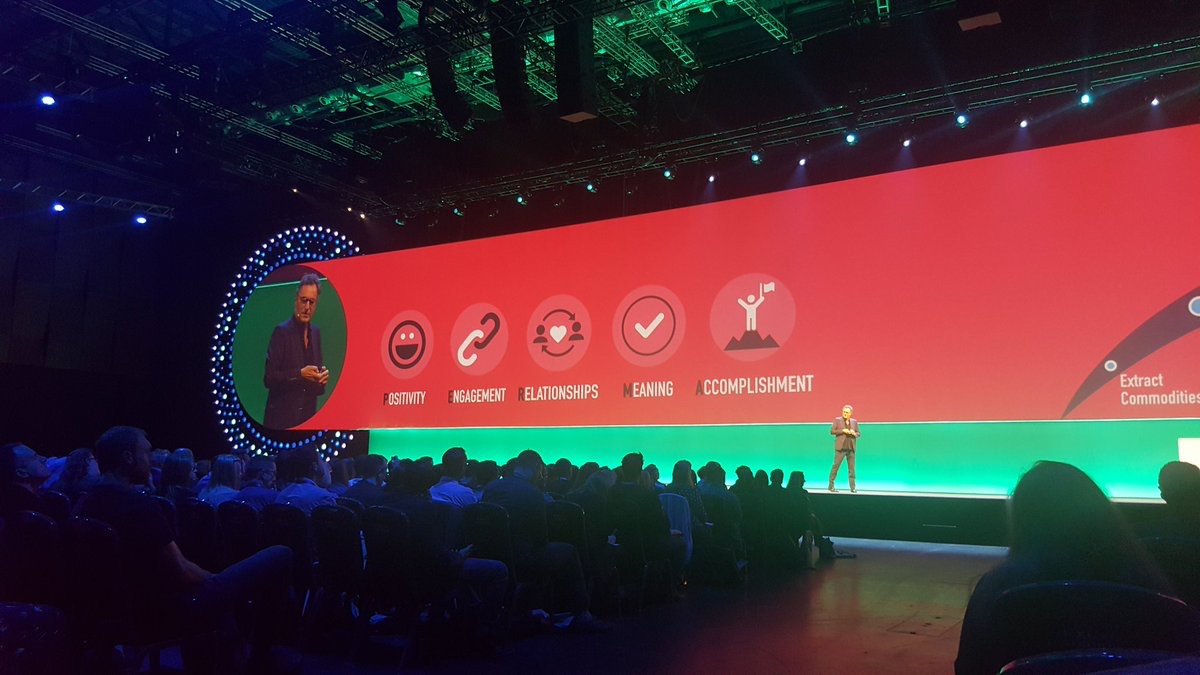
As of march 23, 2018, I am no longer active ...
#deletefacebook – ist das wirklich die Lösung oder braucht es ...
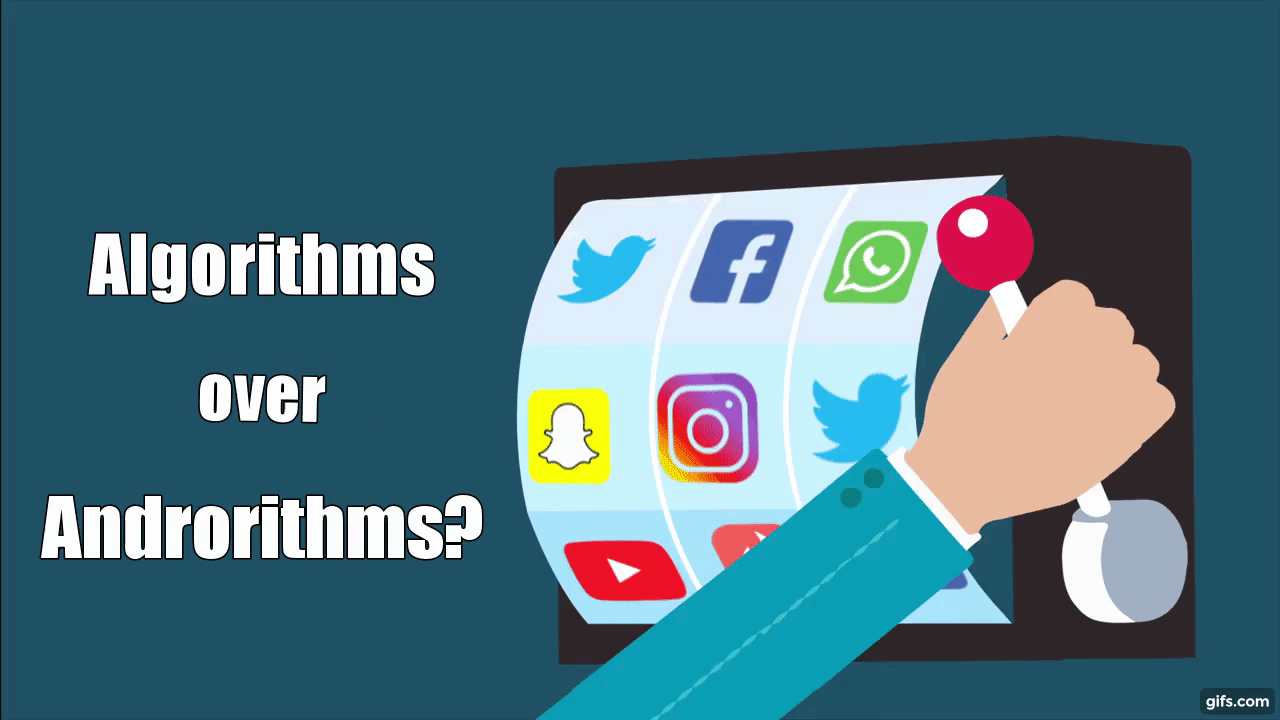
“Meanwhile, Facebook and Google (now known as Alphabet) are together worth $1.3 trillion. You could merge the world’s top five advertising agencies (WPP, Omnicom, Publicis, IPG, and Dentsu) with five major media companies (Disney, Time Warner, 2...

Last year's reports that some apparently well-funded Russian entities used Facebook ...
